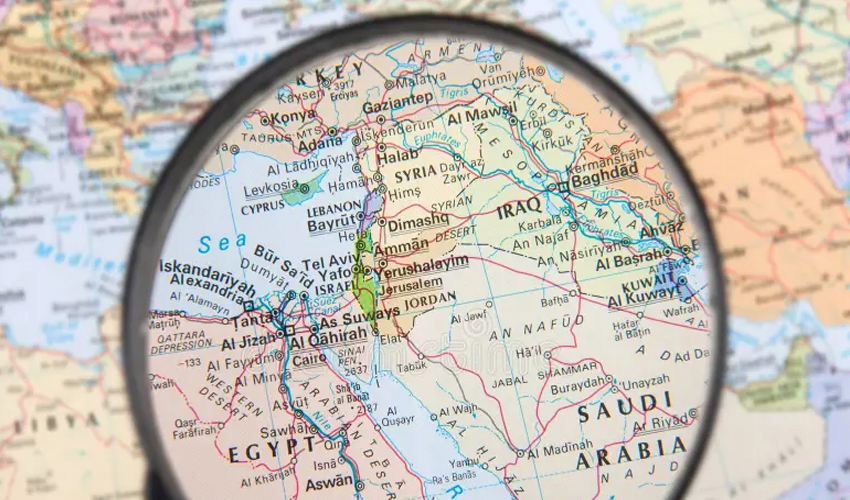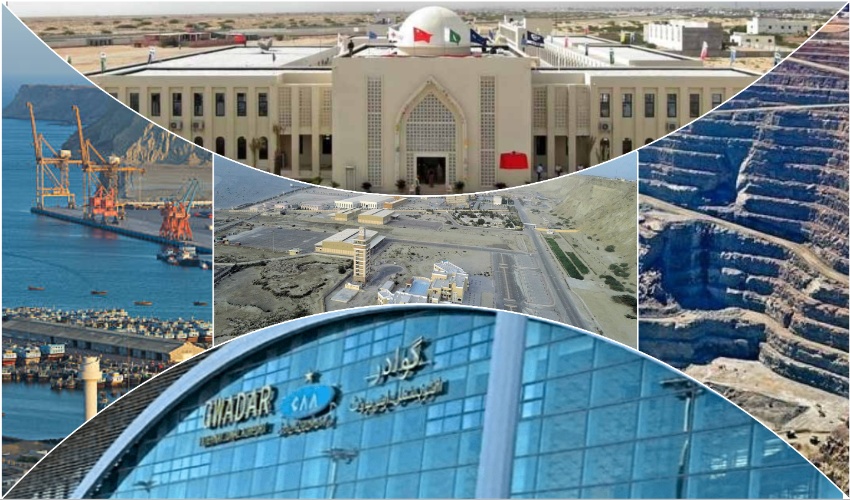As the US presidential election approaches, escalating violence in the Middle East is casting a long shadow over Vice President Kamala Harris’s campaign.
With Arab voters expressing deep frustration over the Biden administration's unwavering support for Israel amid the ongoing conflict in Gaza, analysts are raising alarms about the potential repercussions for the Democratic candidate.
Historically, foreign policy has not been a primary concern for the majority of American voters. However, the ramifications of Israel's military actions, including its intense bombing campaigns in Gaza and Lebanon, have ignited critical questions regarding America's role in these conflicts.
With less than four weeks until the election, many observers caution that the expanding military campaigns could severely dent Harris's chances against former President Donald Trump.
The Biden administration’s steadfast backing of Israel has resulted in fractures within the Democratic base. Many voters, particularly within the Arab American community, are becoming disillusioned and turning away from the party. According to Jim Zogby, co-founder of the Arab American Institute, the dynamics have shifted significantly.
“This is a constituency that, by the second term of the Obama administration, identified as Democrat by a two-to-one margin,” Zogby remarked, highlighting that party identification has now nearly evened out at 38 percent for both parties.
The devastating toll of the conflict is palpable, with more than 42,000 lives lost, including countless women and children. Much of this violence has been facilitated by approximately $20 billion in U.S. military aid. As Zogby noted, many Arab American voters are not necessarily shifting towards conservatism but are instead aiming to hold the current administration accountable for its role in the escalating violence. “There’s a sense that Palestinian and Lebanese lives don’t matter,” he stated.
Recent polling data underscores the precarious position Harris finds herself in among Arab voters. A September poll by the Arab American Institute showed her in a near tie with Trump, garnering 41 percent support compared to Trump's 42 percent. This represents a notable rebound for the Democrats, considering Biden's approval ratings among Arab voters plummeted to just 17 percent following the outbreak of the war in Gaza. In contrast, Biden secured 59 percent of the Arab vote during the 2020 election.
With Biden withdrawing from the 2024 race due to concerns about his age, many had hoped that Harris would offer a new perspective. However, her failure to distance herself from Biden's policies, including her reluctance to call for an end to U.S. weapons transfers to Israel, has drawn ire. In a recent interview, when asked if she would diverge from Biden on any issues, Harris responded, “There is not a thing that comes to mind.” Such statements have left many voters yearning for a sign of empathy and understanding.
The Democratic National Convention in August further exacerbated tensions within the Arab American community when party officials denied a Palestinian American speaker the opportunity to address the plight in Gaza. Zogby emphasized that “people are looking for the slightest gesture of humanity,” suggesting that the campaign's lack of responsiveness could cost them valuable votes.
Despite foreign policy not being a primary issue for most voters, over 80 percent of Arab Americans indicated that it will significantly influence their voting decisions. A large concentration of this community resides in critical swing states, such as Michigan, which boasts the second-largest Arab population in the United States, with nearly 392,733 Arab-identifying individuals out of a total population of 10 million.
Polling averages in Michigan indicate a razor-thin lead for Harris, at just around 1.8 percent, which falls within the margin of error. Analysts suggest that her precarious position could be further complicated by third-party candidates like Jill Stein, who are actively courting Arab and Muslim American voters in the region. “The situation in Gaza has complicated Democratic chances in Michigan,” stated Michael Traugott, a research professor at the Center for Political Studies at the University of Michigan. He warned that a significant turnout of the Arab community staying home on election day could be detrimental to Harris’s campaign.
Nonetheless, it is essential to note that Michigan’s Arab American population is not monolithic; there exist stark divisions within the community over how best to leverage their electoral influence. As Harris navigates this complex political landscape, the evolving situation in the Middle East will undoubtedly continue to shape the discourse in the run-up to the election.


























